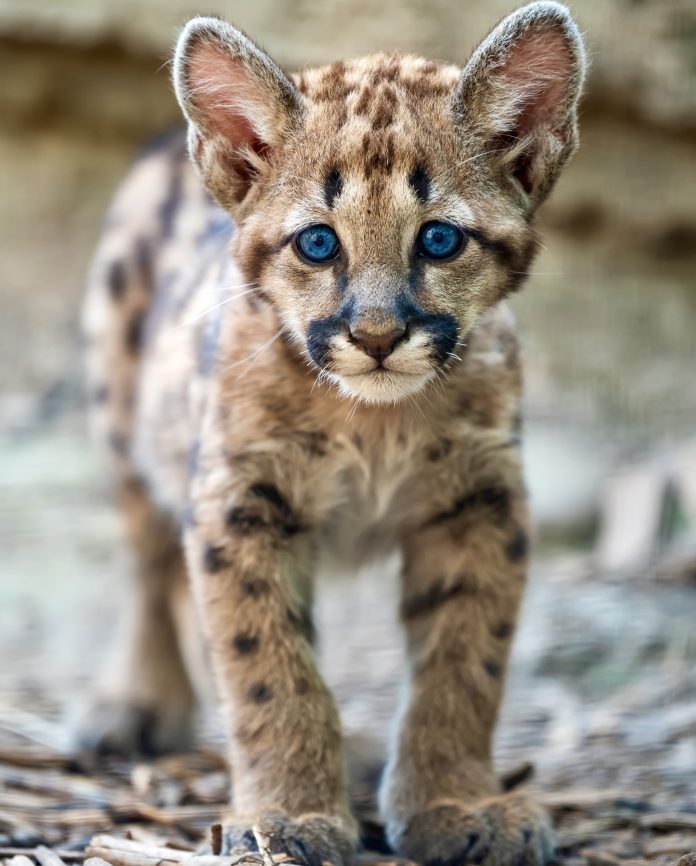
California Assembly Approves Expansion Of The Ban On Toxic Rat Poisons To Increase Protections For Wildlife
You can help all animals and our planet by choosing compassion on your plate and in your glass. #GoVeg
RELATED ARTICLES
Banning Cruelty: New Legislation Aims To Ban Octopus Farming In The U.S.
New bipartisan legislation has just been introduced in the U.S. to ban commercial octopus farming and prohibit imports of farmed octopus from foreign countries.
The...
Outrage In Yellowstone! Grizzly Bear Killed By Wildlife Officials & Left With Head & Paws Cut Off
Photo by: Trisha McFarland / Cowboy State Daily
A photo of a dead grizzly bear with its head and paws cut off has caused an...
Inside Florida’s Illegal Horse Meat Trade: Undercover Footage Shows Racehorse Being Shot & Butchered
A heart-wrenching discovery of illegal horse slaughter has emerged, with video footage exposing the tragic killing of a racehorse named 'Funny Biz,' who was...
Popular stories
News
Tragically, Only 9 Critically Endangered Red Wolves Remain In The Wild; A New Lawsuit Is Pushing For A Recovery Plan To Save Them
Photo by B. Bartel, USFWS
According to a legal agreement reached as a result of a lawsuit by the Center for Biological Diversity, the U.S. Fish and...
News
Breaking! 57 Wild Horses That Were Rounded Up By The BLM Have Died At A Colorado Holding Facility; Take Action To Stop This!
Photos by: American Wild Horse Campaign
Late Monday, the Bureau of Land Management’s (BLM) Wild Horse Facility in Cañon City, Colorado, announced that 57 federally-protected wild...
Breaking News
Six Jockeys & One Bookie Charged After Undercover Investigation Exposes Animal Abuse In Horse Racing
Six jockeys are charged with cruelty to animals, along with a bookie, for felony commercial gambling in horse racing in Georgia. The charges are...


